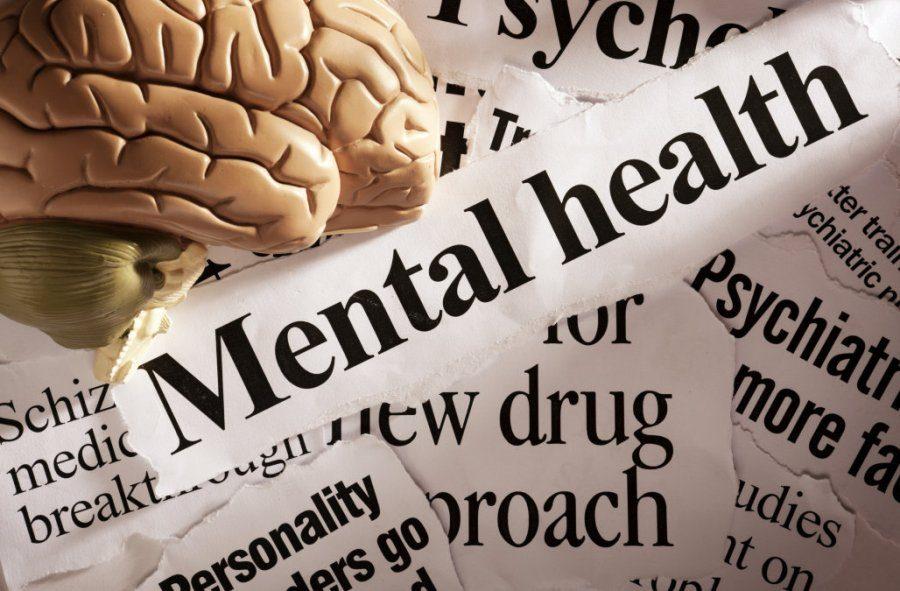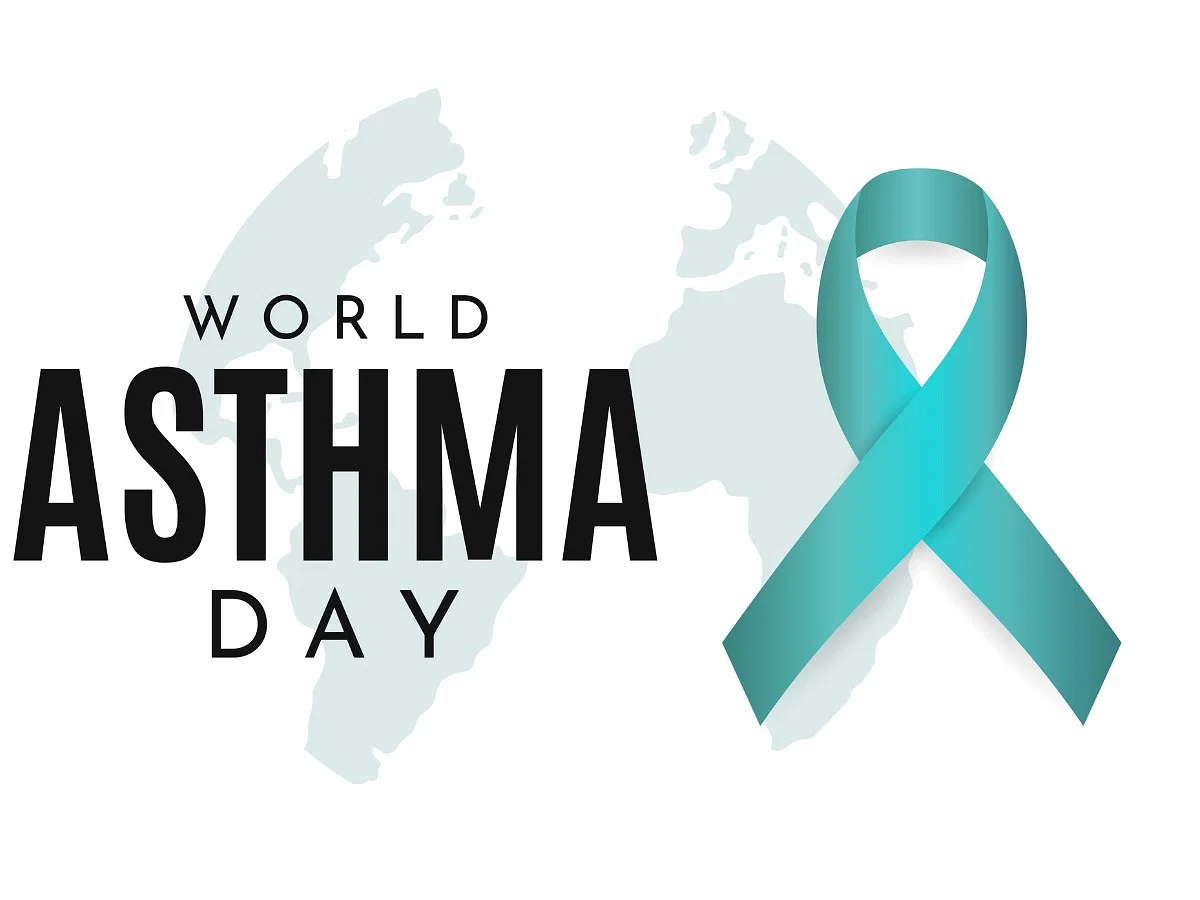By Otu Eunice Ukamaka
Mental health stigma is a big problem that makes it tough for people facing mental health issues. Even though we’ve learned a lot about mental health, the stigma still stops many from getting help, hurting both individuals and society and Mental health stigma in Nigeria carries significant consequences, affecting individuals, families, and the overall well-being of the society.
The Weight of Stigma: People often have the wrong ideas about mental health, making jokes or discriminating against those who struggle. This creates a culture of silence, where people keep their problems hidden because they’re afraid of being judged. This silence can make mental health issues worse.
Barriers to Seeking Help: Because of the stigma, many avoid seeking professional help. They worry about what others might think, which delays getting treatment and makes their struggles worse. This affects not only their lives but also the overall happiness of society.
Impact on Workplace Productivity: Mental health stigma also affects the workplace. Employees might be afraid to talk about their struggles, leading to a less productive and happy workforce. Employers and colleagues need to create a supportive environment.
Religious Factors: Religious beliefs hold substantial influence in Nigeria, and sometimes mental health is misunderstood or associated with spiritual shortcomings. This misunderstanding can contribute to stigmatization, hindering individuals from seeking appropriate help.
Government and Healthcare Support: There is a need for improved mental health policies and resources in Nigeria. Greater government and healthcare support can help reduce stigma by ensuring that adequate mental health services are accessible to everyone.
Media Influence and Representation: The media plays a big role in shaping what people think about mental health. Sometimes, the media tells stories that aren’t true or sensationalizes mental health problems. Showing mental health in a more responsible way can help change how people see it.
Changing the Narrative: To tackle mental health stigma, we need to change how we think about it. Talking openly, sharing personal stories, and including everyone helps create a place where people feel safe getting help without judgment. If we all work together, we can make our communities more supportive and caring. We can fight mental health stigma by educating people. Schools, workplaces, and communities can teach about mental health, break myths, and build understanding. This helps create a place where talking openly about mental health is okay. Mental health stigma affects many aspects of our lives. By teaching, raising awareness, and being understanding, we can break down the stigma and make mental health as important as physical health. This benefits everyone’s well-being in the end.

















